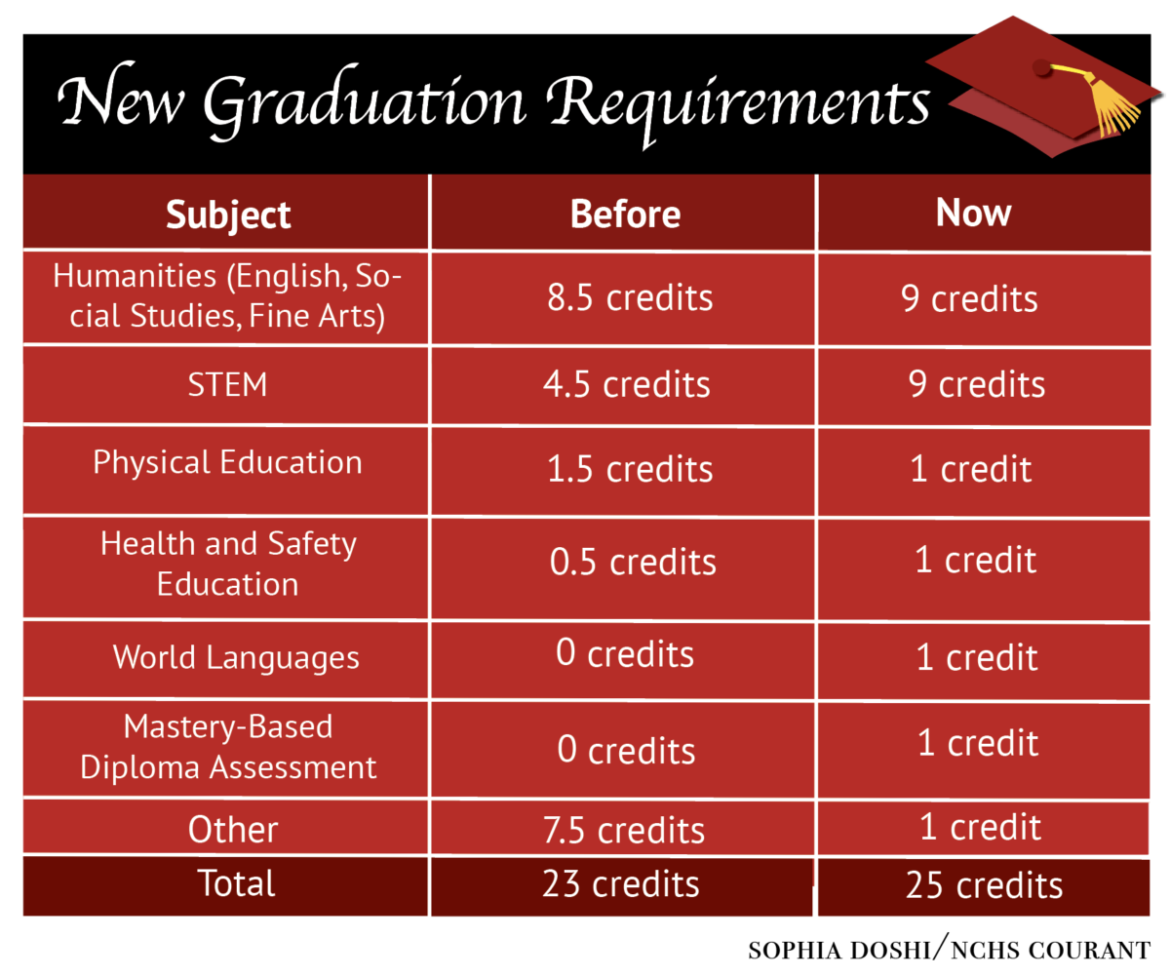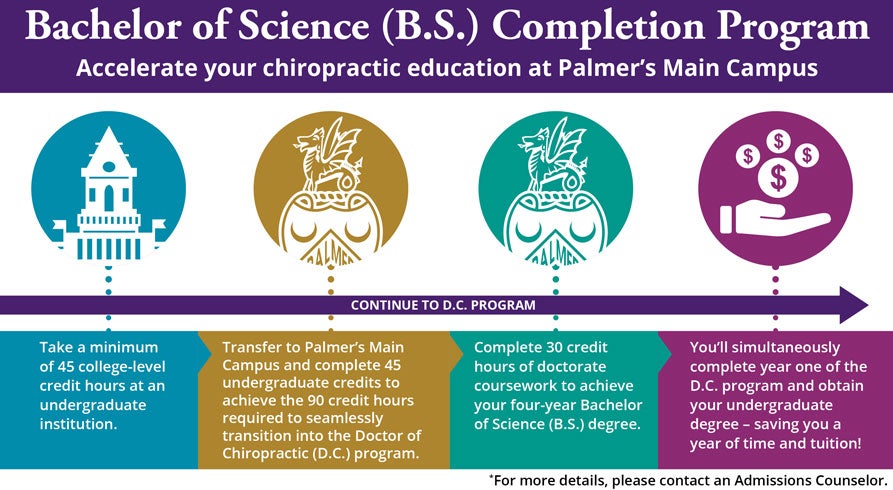
How many credit hours for a bachelor’s degree? This question is often a source of confusion for prospective students, especially those navigating the complexities of higher education. While a typical bachelor’s degree requires 120 credit hours, the actual number can vary significantly depending on a multitude of factors, including the chosen major, the institution, and the course load. This guide aims to demystify the credit hour requirements for a bachelor’s degree, providing a comprehensive overview of the factors that influence this critical aspect of academic planning.
Understanding the credit hour system is crucial for effectively planning your academic journey. It dictates the amount of coursework required to earn a bachelor’s degree, influencing both the duration of your studies and the overall cost. By delving into the intricacies of credit hour distribution, transfer credit policies, and course load options, this guide equips you with the knowledge to make informed decisions about your academic path.
General Bachelor’s Degree Requirements
Earning a bachelor’s degree is a significant achievement, and understanding the credit hour requirements is essential for planning your academic journey. Typically, a bachelor’s degree involves completing a specific number of credit hours, which represent the amount of time dedicated to coursework.
Typical Credit Hour Range
The standard credit hour range for a bachelor’s degree in the United States is between 120 and 130 credit hours. This range can vary slightly depending on the institution and the specific degree program. For instance, some programs may require additional credit hours for specialized coursework or internships.
Examples of Different Bachelor’s Degree Programs and Their Credit Hour Requirements
The number of credit hours required for a bachelor’s degree can vary significantly depending on the chosen major. Here are a few examples:
- Bachelor of Arts (BA) in English: Typically requires 120-128 credit hours, including core courses in literature, writing, and language studies, as well as elective courses.
- Bachelor of Science (BS) in Engineering: Often requires 128-132 credit hours, with a focus on science, mathematics, and engineering principles, including laboratory work and design projects.
- Bachelor of Business Administration (BBA): May require 120-124 credit hours, covering core business principles, such as accounting, finance, marketing, and management, along with elective courses in specialized areas.
Factors Influencing Credit Hour Requirements
Several factors can influence the number of credit hours needed for a bachelor’s degree:
- Major: Different majors have different course requirements, which can impact the total credit hours needed. For example, science and engineering majors often require more credit hours due to laboratory courses and specialized coursework.
- Institution: Each institution sets its own credit hour requirements for its degree programs. Some institutions may require a higher number of credit hours than others, especially for specific majors.
- Course Load: Students can choose to take a different number of courses per semester, affecting the overall time it takes to complete their degree. Taking a heavier course load can reduce the number of semesters needed, potentially leading to a lower total credit hour requirement.
Credit Hour Breakdown
The credit hour breakdown for a bachelor’s degree Artikels how the total required credit hours are distributed across different course types. This structure ensures students gain a well-rounded education, covering fundamental knowledge, specialized skills, and broader perspectives.
Credit Hour Distribution
A typical bachelor’s degree requires a minimum of 120 credit hours. These hours are allocated across various course categories, each contributing to the student’s overall academic development.
| Course Type | Typical Credit Hours | Examples | Description |
|---|---|---|---|
| Core Courses | 30-40 | English Composition, College Algebra, Introduction to Psychology | These courses provide a foundational understanding of essential academic disciplines, equipping students with critical thinking, communication, and problem-solving skills. |
| Major Courses | 40-50 | Calculus for Engineers, Introduction to Computer Science, Organic Chemistry | These courses delve deeper into the student’s chosen field of study, providing specialized knowledge and skills relevant to their chosen career path. |
| Electives | 20-30 | Art History, Introduction to Sociology, Spanish Language | Electives allow students to explore areas of interest outside their major, fostering personal growth and broadening their intellectual horizons. |
| General Education Courses | 10-20 | Public Speaking, Ethics, History of the United States | These courses cover topics relevant to a well-rounded education, fostering critical thinking, communication, and cultural awareness. |
Transfer Credits and Prior Learning
Transfer credits can significantly impact the total credit hours required to earn a bachelor’s degree. By transferring credits earned at other institutions, students can potentially reduce the number of courses they need to complete at their current university. This can save both time and money, allowing students to graduate sooner and with a lower overall cost.
Transfer Credit Evaluation
The process of evaluating prior learning experiences for potential credit transfer varies depending on the institution. Generally, students will need to submit official transcripts from all previously attended institutions to the receiving university. The university’s transfer credit office will then review the transcripts to determine which courses are equivalent to courses offered at the university. The evaluation process may also consider other factors, such as the level of the course, the content of the course, and the student’s overall academic record.
Examples of Transfer Credit Reduction
Here are some examples of how transfer credits can reduce the overall credit hour requirement for a bachelor’s degree:
- A student who has earned an associate’s degree in business administration may be able to transfer up to 60 credit hours toward a bachelor’s degree in business. This would reduce the total credit hour requirement for the bachelor’s degree by 60 hours, allowing the student to graduate sooner.
- A student who has taken several college-level courses at a community college may be able to transfer those credits toward a bachelor’s degree. For example, a student who has taken a course in introductory psychology at a community college may be able to transfer that credit toward a psychology course at a four-year university.
Course Load and Time to Graduation: How Many Credit Hours For A Bachelor’s Degree

The number of credit hours you take each semester, also known as your course load, directly impacts the time it takes to earn your bachelor’s degree. Choosing the right course load involves considering your academic goals, personal commitments, and financial situation.
Course Load Options and Their Impact on Graduation Time
The number of credit hours you take each semester determines your course load. Common options include:
- Full-time: Typically 12-18 credit hours per semester. This allows for quicker graduation, usually within 4 years.
- Part-time: Fewer than 12 credit hours per semester. This provides flexibility but extends the time to graduation, often taking more than 4 years.
Full-time vs. Part-time Course Load: Benefits and Drawbacks
Full-time Course Load
- Benefits:
- Faster graduation, allowing you to enter the workforce or pursue further education sooner.
- Greater immersion in your studies, potentially leading to deeper understanding and stronger academic performance.
- Potential for increased networking opportunities within your academic community.
- Drawbacks:
- Higher workload, potentially leading to stress and time constraints.
- Limited flexibility for work, family, or other commitments.
- Higher financial burden due to taking more courses.
Part-time Course Load
- Benefits:
- Greater flexibility to balance work, family, or other commitments.
- Lower workload, potentially reducing stress and allowing for better time management.
- Lower financial burden due to taking fewer courses.
- Drawbacks:
- Slower graduation, potentially delaying entry into the workforce or further education.
- Less immersion in your studies, potentially leading to slower progress and a less comprehensive understanding.
- Limited networking opportunities due to less interaction with classmates and faculty.
Examples of Course Load and Graduation Time
A student taking 15 credit hours per semester (full-time) could graduate in 8 semesters (4 years). However, a student taking 9 credit hours per semester (part-time) might take 12 semesters (6 years) to graduate.
For instance, a student majoring in Business Administration might need to take 120 credit hours to graduate. If they take 15 credit hours per semester, they could graduate in 8 semesters. However, if they take 9 credit hours per semester, they might take 13-14 semesters to graduate.
Factors Affecting Credit Hour Requirements

While the general credit hour requirement for a bachelor’s degree is often around 120, several factors can influence the exact number of credits you’ll need to graduate. Understanding these factors is crucial for effective academic planning and ensuring a smooth path to graduation.
Institutional Policies
Each institution has its own policies regarding credit hour requirements, including minimum and maximum credit hour limits per semester, course load restrictions, and transfer credit policies.
- Minimum and Maximum Credit Hours per Semester: Most institutions have limits on the minimum and maximum credit hours students can take per semester. These limits are designed to ensure students have a manageable workload and adequate time for studying and extracurricular activities.
- Course Load Restrictions: Some institutions may restrict the number of upper-level courses students can take in a single semester, especially for students with a heavy course load or those in demanding majors.
- Transfer Credit Policies: Institutions have different policies for accepting transfer credits from other institutions. The number of transfer credits accepted can impact the total credit hours required for graduation.
Program Structure
The structure of your chosen program, including major, minor, and general education requirements, significantly impacts the credit hour count.
- Major Requirements: The specific courses and credit hours required for your major will be Artikeld in the program’s curriculum. Some majors are more intensive than others, requiring a higher number of credit hours.
- Minor Requirements: If you choose to pursue a minor, additional credit hours will be required to fulfill the minor’s course requirements.
- General Education Requirements: Most institutions have general education requirements that cover a broad range of subjects, ensuring students have a well-rounded education. These requirements can add to the overall credit hour count.
Individual Course Requirements, How many credit hours for a bachelor’s degree
The credit hours assigned to individual courses vary based on the course’s intensity, duration, and content.
- Course Intensity: Courses with more demanding content or a higher workload are often assigned more credit hours. For example, a laboratory science course may carry more credit hours than a lecture-based humanities course.
- Course Duration: The length of a course can also affect its credit hour value. Courses that meet for a longer period or have more frequent sessions may have higher credit hour values.
- Course Content: The complexity and depth of the course content are also factors in determining credit hours. Courses that cover a broader range of topics or delve into more advanced concepts may be assigned more credit hours.
Experiential Learning Opportunities
Experiential learning opportunities, such as internships, study abroad programs, or research projects, can impact the total credit hours required for graduation.
- Internships: Many institutions offer credit for internships that are relevant to a student’s major or career goals. The number of credit hours awarded can vary based on the internship’s duration, intensity, and learning outcomes.
- Study Abroad Programs: Study abroad programs can provide valuable academic and cultural experiences. Institutions often award credit for courses taken abroad, which can contribute to the total credit hour count.
- Research Opportunities: Participating in research projects under the supervision of a faculty member can provide hands-on learning experiences. Some institutions offer credit for research projects, which can reduce the number of traditional coursework required for graduation.
Importance of Understanding These Factors
Understanding these factors is essential for effectively planning your course of study and ensuring you graduate on time. By carefully considering the credit hour requirements for your program, you can:
- Create a Realistic Academic Plan: You can develop a course schedule that balances your academic workload and allows you to pursue your interests.
- Maximize Your Time and Resources: By understanding the credit hour implications of different course options and experiential learning opportunities, you can make informed choices that optimize your academic journey.
- Avoid Unexpected Delays: Being aware of potential credit hour discrepancies or unexpected requirements can help you stay on track for graduation and avoid delays.
Conclusion

Obtaining a bachelor’s degree is a significant milestone in one’s educational journey. By understanding the intricacies of credit hour requirements, you can effectively plan your academic path, navigate the complexities of course selection, and optimize your time to graduation. Remember, each institution has its own policies and procedures regarding credit hours, so it’s essential to consult with your academic advisor for personalized guidance. With careful planning and a proactive approach, you can confidently navigate the credit hour system and achieve your academic goals.
FAQ Guide
What is a credit hour?
A credit hour represents one hour of classroom instruction per week for a 15-week semester. It also accounts for the time spent on coursework outside of class, such as homework, readings, and projects.
How many credit hours can I take per semester?
The number of credit hours you can take per semester depends on your institution’s policies, your academic standing, and your personal capacity. A full-time course load typically ranges from 12 to 18 credit hours per semester.
Can I graduate with fewer than 120 credit hours?
In some cases, you may be able to graduate with fewer than 120 credit hours if you receive transfer credits or have prior learning experience recognized. However, this is typically determined on a case-by-case basis by your institution.




